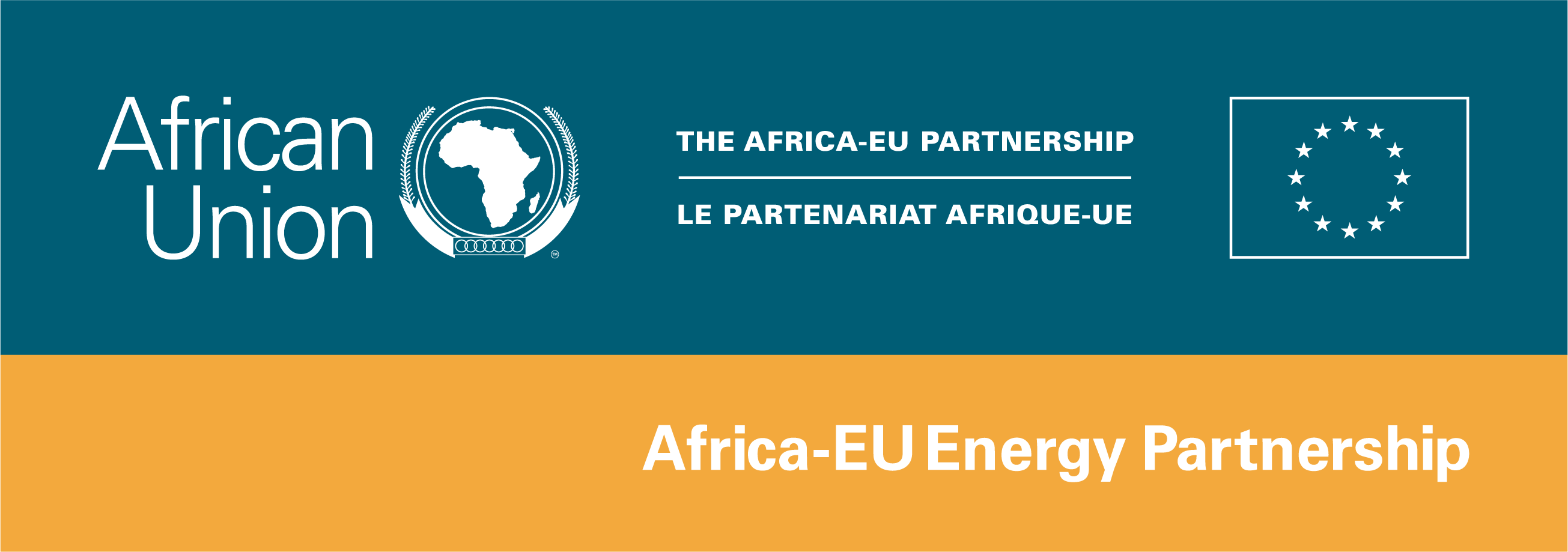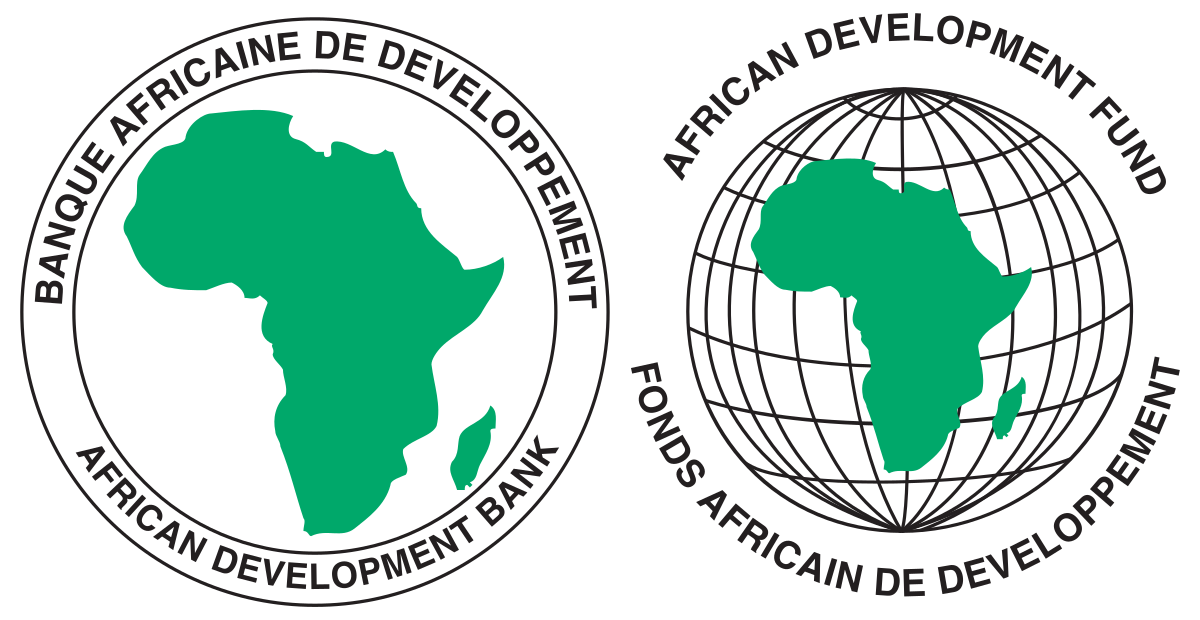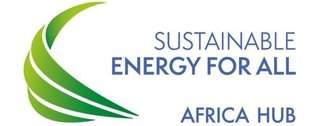Description
The Global Climate Change Alliance (GCCA) is an initiative of the European Union. Its overall objective is to build a new alliance on climate change between the European Union and the poor developing countries that are most affected and that have the least capacity to deal with climate change. The GCCA does not intend to set up a new fund or governance structure, but is working through the European Commission’s established channels for political dialogue and cooperation at national and international level.
The Global Climate Change Alliance (GCCA) was launched in 2007 by the European Commission to strengthen dialogue and cooperation on climate change between the European Union (EU) and developing countries most vulnerable to climate change, in particular Least Developed Countries (LDCs) and Small Island Developing States (SIDS), which are hardest hit by the adverse effects of climate change.The GCCA acts as a platform for dialogue and exchange of experience between the EU and developing countries on climate policy and on practical approaches to integrate climate change into development policies and budgets. The results of dialogue and exchange of views feed into the discussions on the post-2012 climate agreement under the UN Framework Convention on Climate Change (UNFCCC), and inform the technical and financial cooperation supported by the GCCA. Discussions take place at global, regional and national levels.
The GCCA also provides technical and financial support to partner countries to integrate climate change into their development policies and budgets, and to implement projects that address climate change on the ground, promoting climate-resilient, low-emission development. Technical and financial cooperation, in turn, informs political dialogue and exchange of experience at regional and global levels.
The five GCCA priority areas include:
- Mainstreaming climate change into poverty reduction and development strategies
- Adaptation, building on the National Adaptation Programmes of Action (NAPAs) and other national plans
- Disaster risk reduction (DRR)
- Reducing emissions from deforestation and forest degradation (REDD)
- Enhancing participation in the Global Carbon Market and Clean Development Mechanism (CDM)





